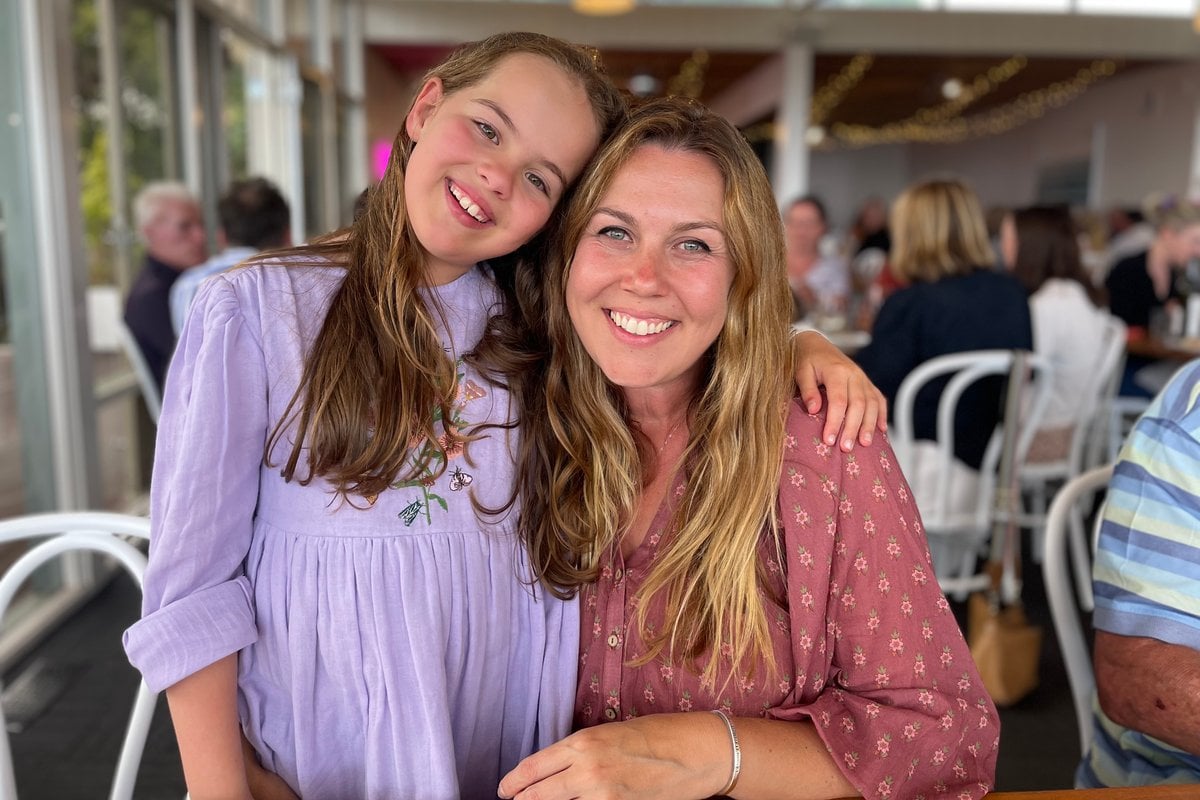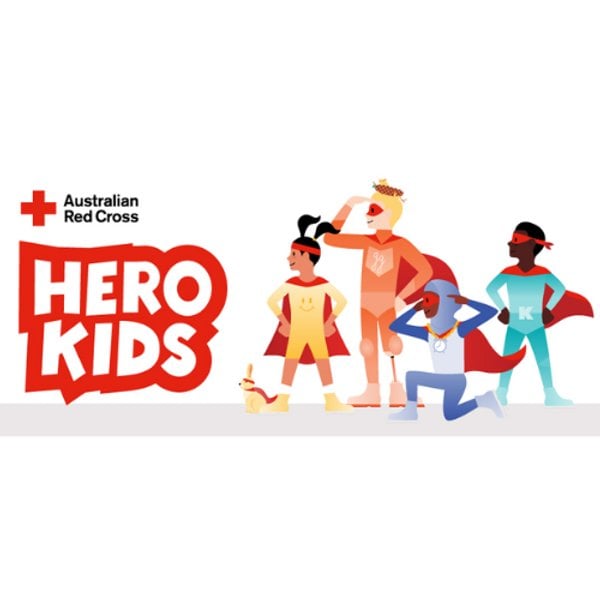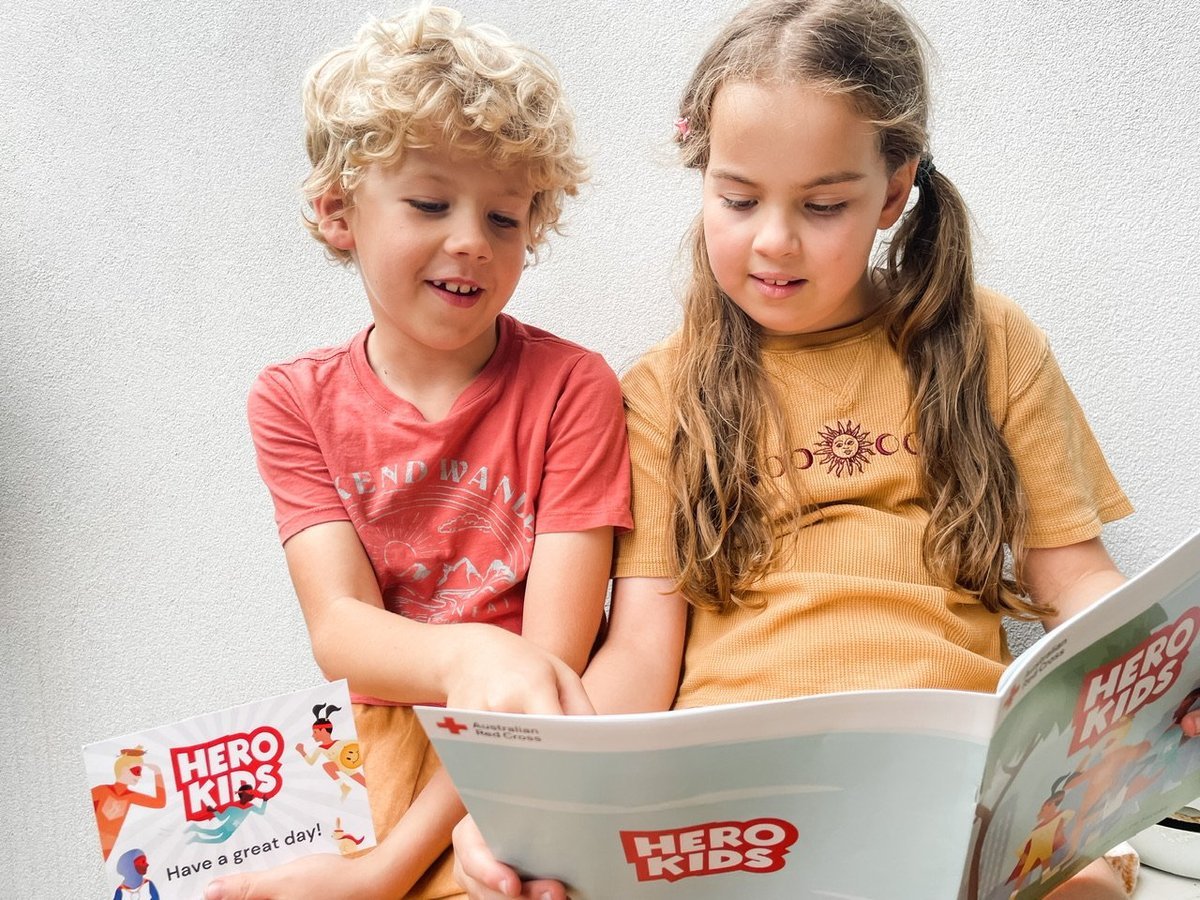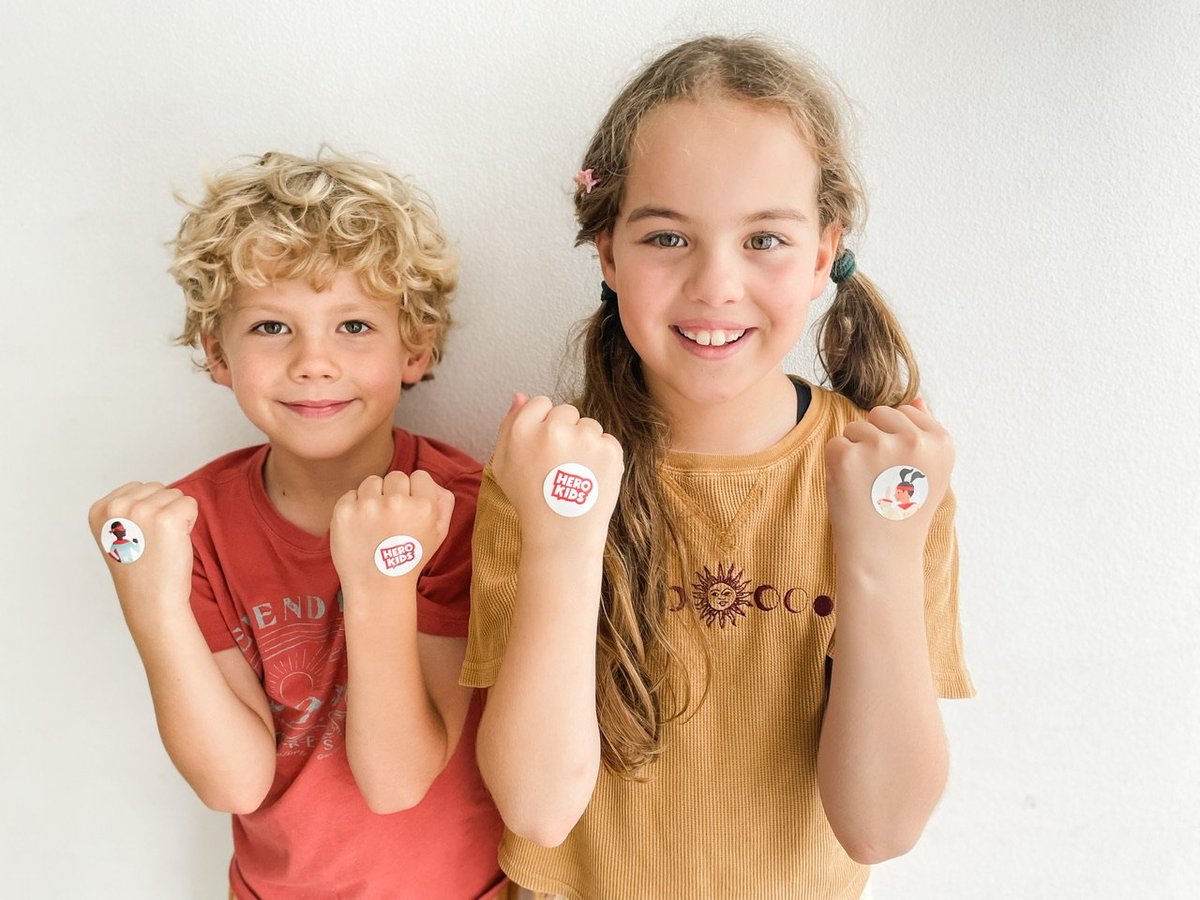

It’s never too early (or late) to learn about kindness, patience, humour and gratitude. I’m still learning and very much ‘winging it’ as I try to help my kids learn these values too. But it doesn’t matter if you have multiple children, your kids are grown or you’re a newbie to parenthood, my simple advice is this: model the behaviours you want your child to emulate.
Whether you notice it in the throes of the daily grind, your children are always looking up to you.
I’m conscious of not being so caught up in my own bubble that I fail to notice the needs of others. I hope that my kids can demonstrate the same awareness by following my lead.
Let them see you stop to and ask if someone needs help. Let them help you cook food or round-up everyday essentials for people in need at all times of the year, not just at Christmas. Show them that being kind is key to someone’s happiness, as well as your own.
We’ve also signed up for a Hero Kids subscription, an initiative of the Australian Red Cross to help children learn about doing good, which will complement what we teach them at home.
 Image: Supplied.
Image: Supplied.





























































































